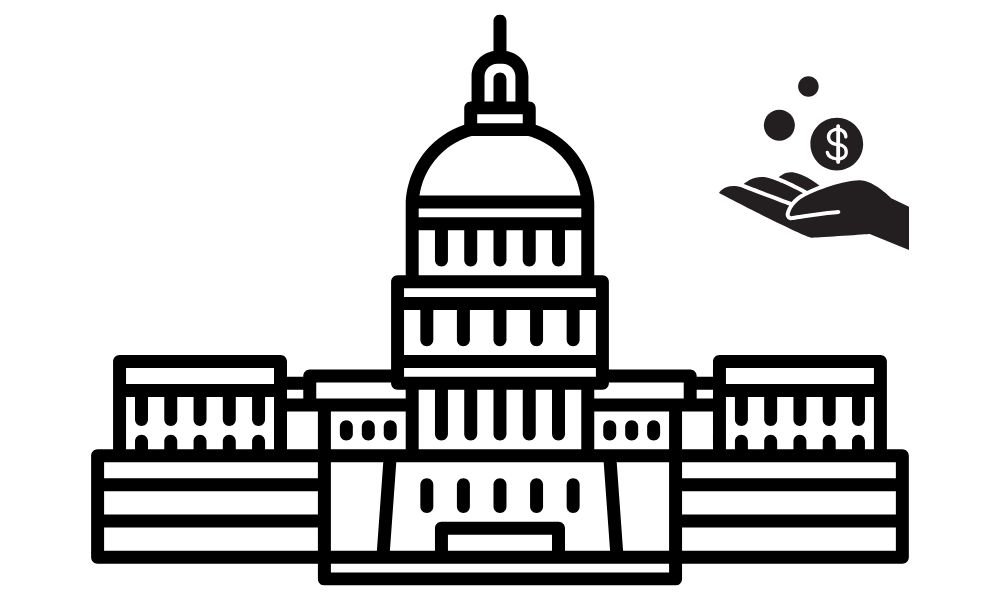Government Policies and Incentive Programs Affecting Real Estate
Government policies and incentive programs play a significant role in shaping the real estate market.
These policies influence property prices, demand, supply, and overall affordability.
From tax incentives and first-time homebuyer programs to zoning laws and rent controls, government interventions can have both positive and negative effects on the housing market.
Understanding these policies is crucial for buyers, sellers, and investors looking to make informed decisions.
In this article, we will explore the impact of government policies on real estate, key factors influencing these policies, and strategies for navigating a policy-driven market.
How Government Policies Impact Real Estate
- Housing Affordability Programs
Governments often introduce incentives to make homeownership more accessible. Programs like down payment assistance, tax credits, and subsidized mortgage rates can boost demand, driving property values higher.
- Interest Rate and Monetary Policies
Central banks regulate interest rates to control inflation and economic growth. Lower interest rates encourage borrowing and home purchases, while higher rates can slow down the market by reducing affordability.
- Taxation Policies
Property taxes, capital gains taxes, and deductions for homeowners impact real estate investment. Favorable tax policies can encourage property purchases, whereas high taxes can deter buyers and investors.
- Zoning and Land Use Regulations
Government regulations determine land use, affecting housing supply. Restrictive zoning laws can limit housing availability and increase prices, while relaxed policies can promote development and affordability.
- Rent Control and Tenant Protections
Regulations on rental prices and tenant rights can impact the rental market. While rent control protects tenants from excessive price hikes, it may discourage property investment and reduce rental supply.
- Foreign Investment Regulations
Some governments impose restrictions on foreign property ownership to prevent speculative price increases. These policies can either stabilize housing prices or reduce market demand.
- Infrastructure Development and Public Investment
Government spending on transportation, utilities, and public amenities can increase property values in surrounding areas. Improved infrastructure attracts buyers and investors, boosting local markets.
- Environmental and Sustainability Policies
Green building incentives, energy efficiency regulations, and environmental restrictions affect real estate development. Sustainable housing policies can drive demand for eco-friendly properties while increasing construction costs.
- Subsidies and Developer Incentives
Governments offer incentives to developers for building affordable housing. These policies help increase housing supply and reduce price pressures in high-demand areas.
- Eviction Moratoriums and Crisis Response Measures
During economic downturns or crises, governments may impose eviction bans or mortgage relief programs. While these measures protect homeowners and renters, they can impact investor returns and market stability.
Factors Influencing Government Real Estate Policies
- Economic Conditions
Governments adjust policies based on economic cycles. During recessions, stimulus programs and low-interest rates support real estate, while economic booms may lead to stricter regulations to control inflation.
- Population Growth and Urbanization
Rising populations and urban expansion drive housing demand. Governments implement policies to balance housing supply and infrastructure needs.
- Political Priorities and Legislation
Government priorities, such as promoting homeownership or increasing affordable housing, shape real estate policies. Political shifts can result in changes to tax laws, lending regulations, and housing assistance programs.
- Social and Demographic Changes
Aging populations, migration trends, and changing household structures influence government housing policies. Policies may focus on senior housing, multi-family units, or first-time buyer support.
- Market Stability and Speculation Control
Governments intervene to prevent housing bubbles and market crashes. Measures such as lending restrictions, anti-speculation taxes, and foreign buyer regulations help maintain stability.
Strategies to Navigate Government Policy Changes
- Staying Informed About Policy Updates
Buyers and investors should monitor new regulations, tax changes, and housing incentives to make timely and informed decisions.
- Leveraging Government Incentives
First-time homebuyers and investors can take advantage of tax credits, grants, and subsidized loan programs to maximize affordability.
- Adapting Investment Strategies
Investors should adjust strategies based on policy trends. For example, focusing on rental properties in areas with strong tenant protections or investing in energy-efficient housing to benefit from sustainability incentives.
- Consulting with Experts
Real estate professionals, tax advisors, and financial planners can help navigate policy changes and optimize investment opportunities.
- Diversifying Real Estate Portfolios
Investing in different property types and locations can help mitigate risks associated with policy changes affecting specific markets.
Conclusion
Government policies and incentive programs have a profound impact on the real estate market, influencing housing affordability, investment opportunities, and market stability.
Understanding these policies helps buyers, sellers, and investors navigate market conditions effectively.
By staying informed and adapting strategies, individuals can leverage government programs and regulations to their advantage.
As real estate markets evolve, proactive decision-making remains key to success in a policy-driven environment.




